If you’re curious about what snakes eat eggs, you’ve come to the right place. This guide provides an overview of the diet of snakes, and explains why some snakes eat eggs. You’ll learn why snakes eat eggs, what types of eggs they prefer, and what other food sources are available for them. Additionally, you’ll explore the nutritional value of eggs for snakes and the potential risks associated with a diet high in eggs. Armed with this information, you’ll be able to make an informed decision about whether to feed eggs to your pet snake.
Types of Snakes
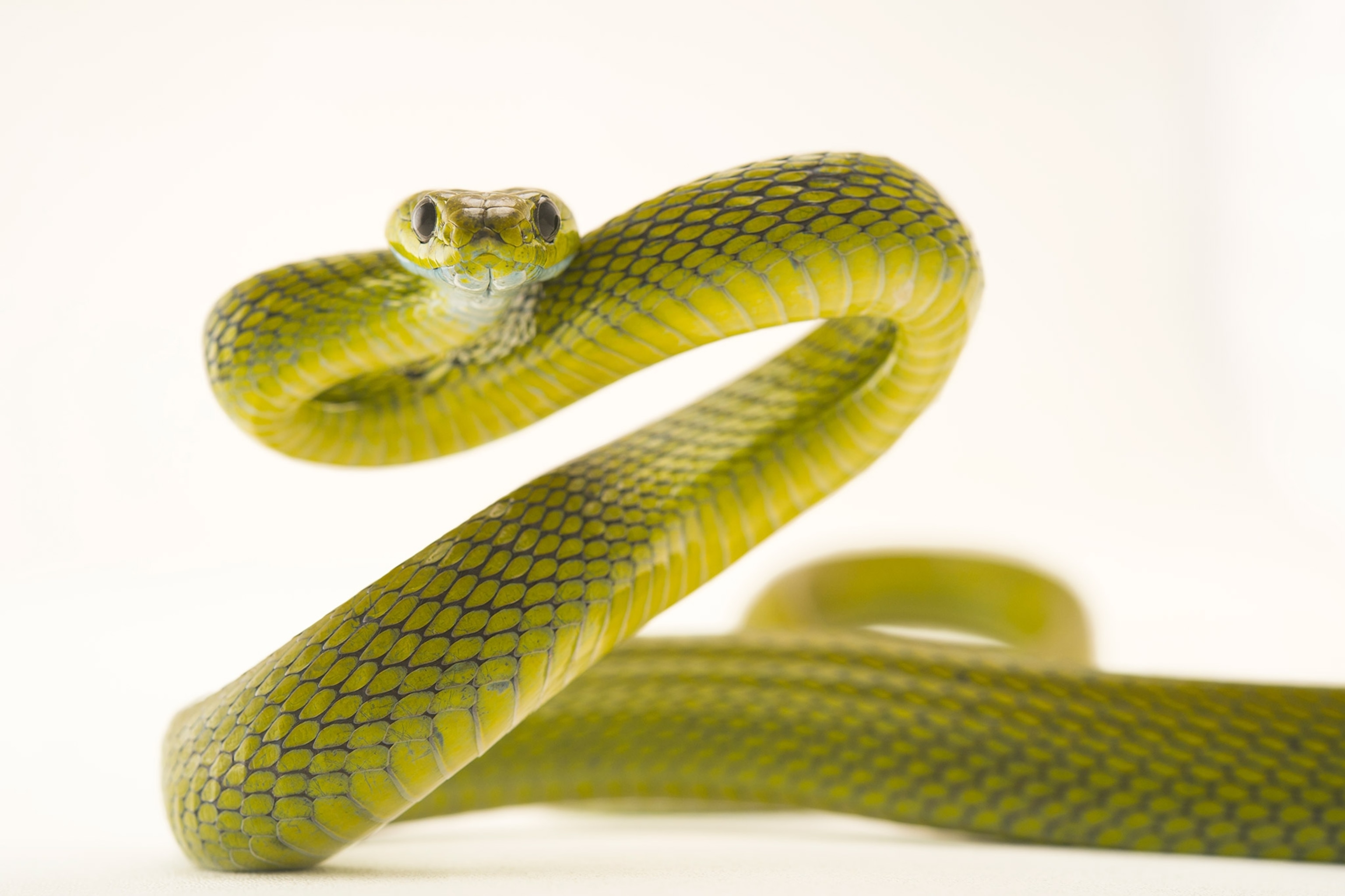
- Colubrid Snakes
- Boas and Pythons
- Vipers and Pit Vipers
- Sea Snakes
- Lamprophiidae
- Elapidae
Snakes belong to the Reptilia class, and they are found in every continent except Antarctica. Snakes are divided into five major families, which include Colubridae, Boidae, Elapidae, Viperidae, and Lamprophiidae.
Colubrid snakes, which include more than 75% of all snakes, are non-venomous and mostly harmless to humans. They feed on a variety of prey, including insects and small mammals.
Boas and pythons are large constrictors that feed on small mammals, birds, and lizards. They are non-venomous and can grow up to 10 feet in length.
Vipers and pit vipers are venomous snakes found in tropical and sub-tropical regions. They have large fangs and can inject venom when they bite. They feed on small mammals and birds.
Sea Snakes are found in warm oceans and feed on a variety of prey, including fish and eels. They are venomous and their bite can be lethal to humans.
Lamprophiidae are found in Africa, Asia, and Europe and are mostly non-venomous. They feed on small mammals, birds, and lizards.
Elapidae are found in tropical and subtropical regions and include cobras, mambas, and coral snakes. They are venomous and feed on small mammals, birds, and lizards.
Types of Eggs Eaten by Snakes
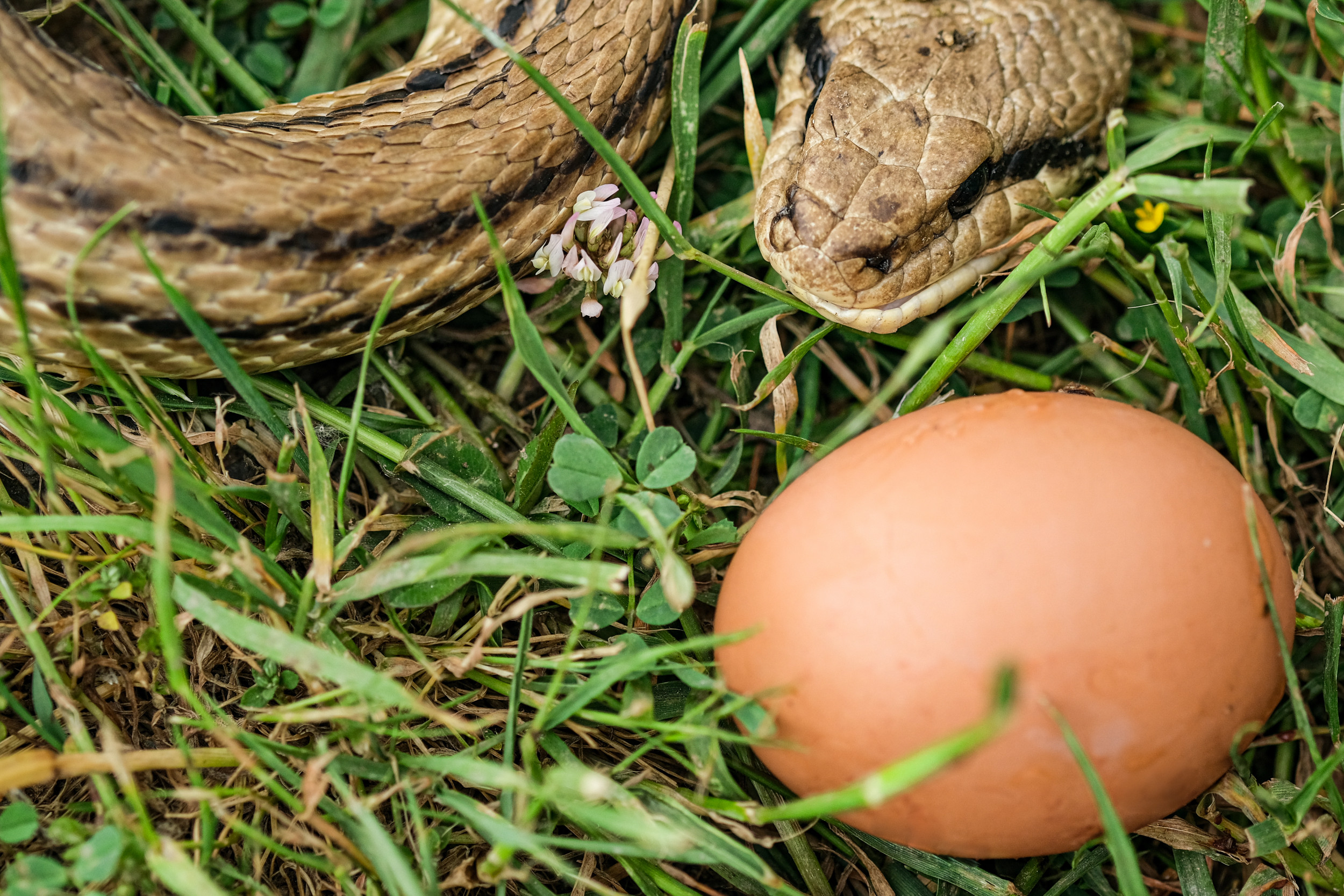
- Bird eggs
- Reptile eggs
- Fish eggs
- Amphibian eggs
- Insect eggs
- Mammal eggs
Snakes are opportunistic eaters and will consume whatever food is available to them. Eggs are a major source of food for many species of snakes. Snakes can consume eggs from a variety of animals, including birds, reptiles, fish, amphibians, insects, and mammals. The eggs of these animals provide an easy-to-consume source of nutrition for snakes.
What Do Wild Snakes Eat?
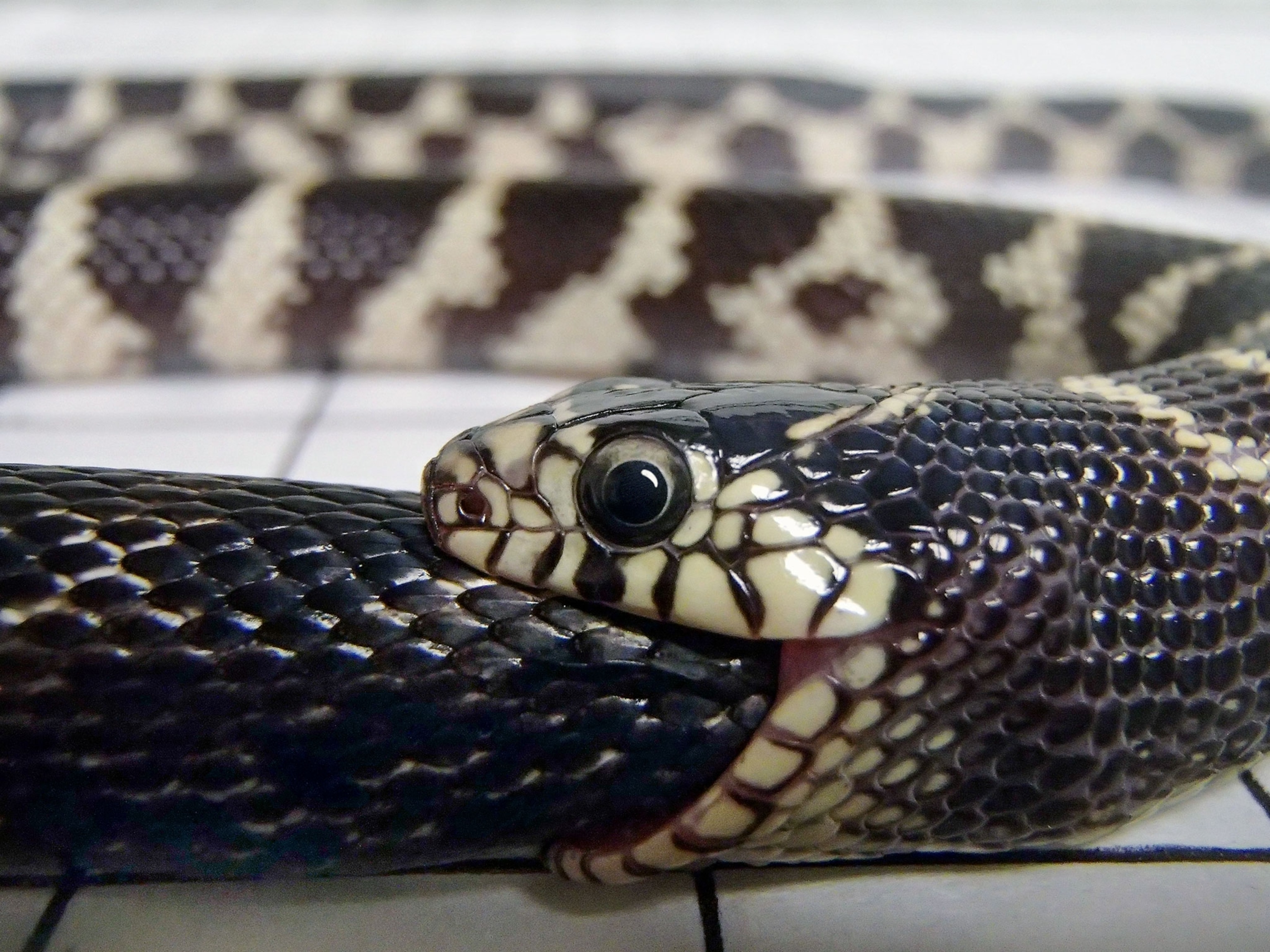
Wild snakes typically consume a variety of food sources, depending on the species, including small mammals, lizards, frogs, birds, eggs, fish, and insects. Invertebrates such as worms and caterpillars are also a common food for many snakes. Some species of snakes may even eat fruit or other plant material. Generally, snakes hunt during the night or twilight hours, and they use their sharp senses of smell and hearing to detect prey. Snakes will usually strike their prey with their fangs and then wrap around the animal with their body to suffocate it before consuming it whole.
Prey Adaptations
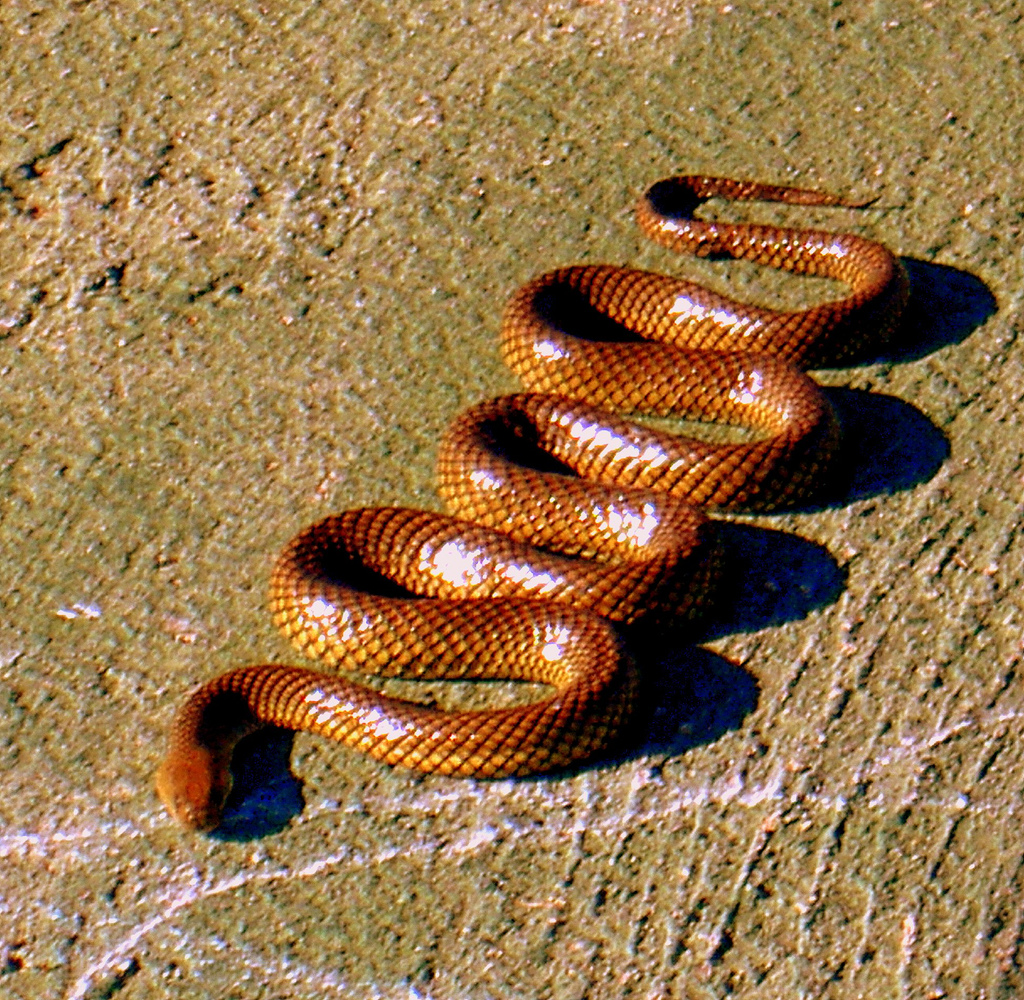
Snakes often hunt their eggs through a combination of ambush and pursuit. To facilitate successful hunting, they have evolved a number of adaptations that allow them to locate, capture, and consume their eggs.
Olfaction
Snakes have a keen sense of smell, and they use it to detect the scent of their prey, usually from some distance away. Snakes are able to detect the presence of eggs through their sense of smell, and this helps them to locate and capture their food.
Vision
Snakes also have a keen sense of vision, and they use this to locate their eggs. They have the ability to detect movement, and this helps them to locate and capture eggs that are moving.
Tactile Receptors
Snakes have tactile receptors that allow them to detect the presence of eggs even when they cannot be seen. These receptors help snakes to locate eggs that are hidden or buried in the ground.
Body Structure
Snakes have long, flexible bodies that allow them to move quickly and navigate tight spaces. This helps them to quickly locate and capture eggs.
Venom
Some snakes have evolved venom glands to help them capture their prey. Venom is injected into the egg, paralyzing it and making it easier for the snake to consume.
Benefits of Eating Eggs
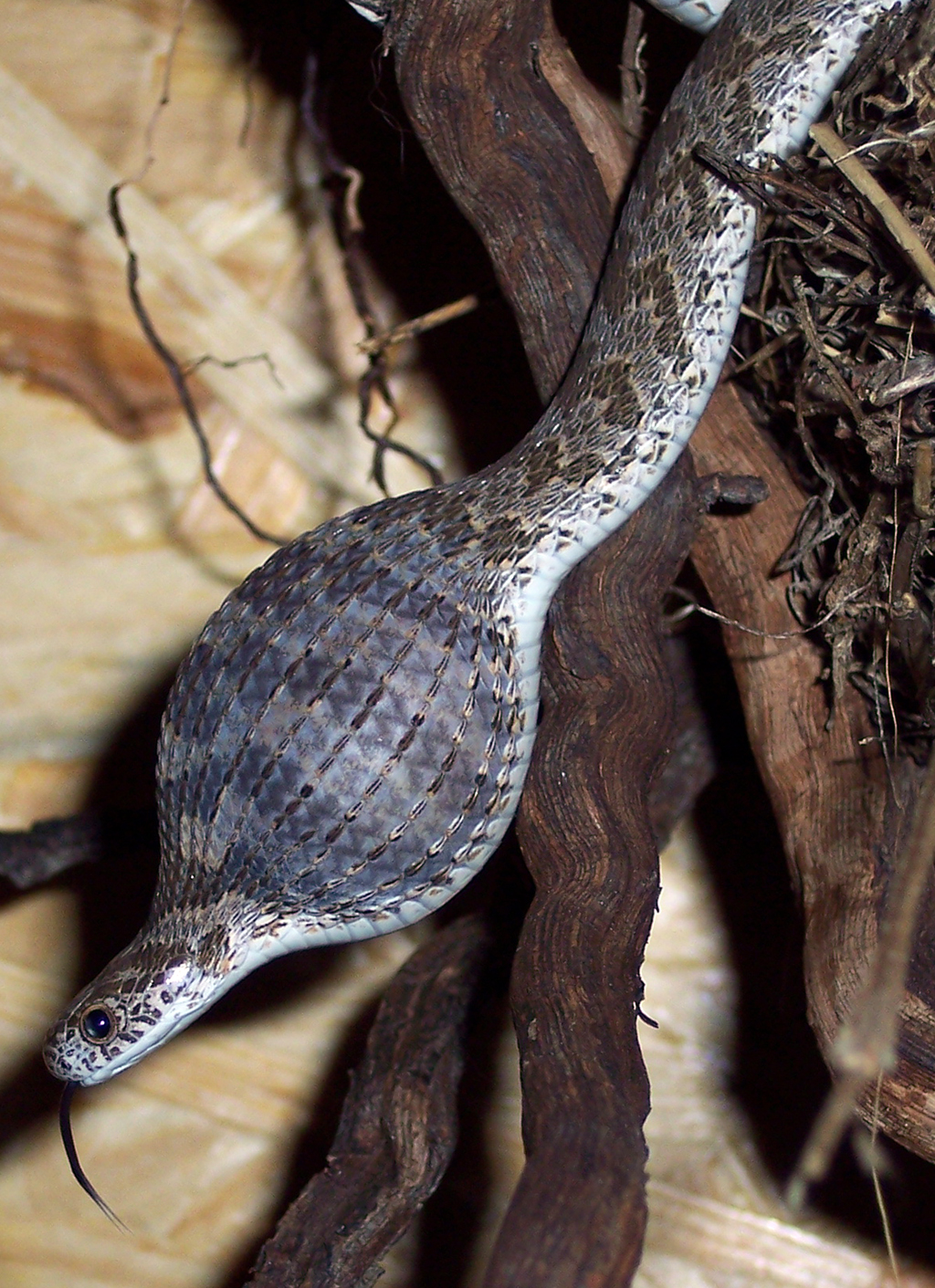
- High in Protein: One large egg contains 6 grams of protein.
- Contain all the Essential Amino Acids: Eggs contain the essential amino acids needed to build muscle and other body tissues.
- High in Choline: Eggs are high in choline, an essential nutrient important for proper brain and nervous system development.
- High in Vitamin D: Eggs are a good source of vitamin D, an important nutrient for bone health.
- High in Omega-3s: Eggs are also a good source of omega-3 fatty acids, which are important for brain and heart health.
- Low in Calories: One large egg contains only about 70 calories.
Potential Risks of Eating Eggs
Eating eggs can be a nutritious part of a balanced diet, but there are potential risks to consider. Salmonella is the most common risk associated with eating eggs, and it can cause food poisoning if the eggs are eaten raw or undercooked. Other risks include allergies, high cholesterol, and a potential link between egg consumption and heart diseases. By following safe food handling practices and consuming eggs in moderation, the potential risks can be minimized.
Comparison of Egg-Eating and Other Diets
Snakes have a variety of dietary requirements, and egg-eating is just one of the ways they can acquire their nutrition. Snakes can also consume a diet of live prey, such as insects, rodents, or amphibians, or they can feed on frozen prey or pre-killed prey.
| Diet | Advantages | Disadvantages |
|---|---|---|
| Egg-Eating | Eggs are a nutritious and easily digestible food source for snakes. Egg-eating is also an easy-to-manage diet as eggs can be purchased from a store and stored for a long period of time. | Eggs may not be as readily available as live food or frozen food, and they may not meet all of the nutritional needs of the snake. |
| Live Prey | Live prey is a readily available food source and provides the most natural nutrition for snakes. It is also a good way to provide much-needed exercise for the snake. | Live prey can be difficult to manage, as it must be acquired and fed to the snake regularly. It also presents a risk of injury to the snake if the prey is not properly handled. |
| Frozen Prey | Frozen prey is convenient and easy to manage, as it can be purchased in bulk and stored for extended periods of time. It is also a good source of nutrition for snakes. | Frozen prey must be thawed before feeding, and it may not provide the same level of nutrition as a live prey diet. |
| Pre-Killed Prey | Pre-killed prey is a good way to provide nutrition to a snake without the need to capture and kill live prey. It is also convenient and easy to manage. | Pre-killed prey may not provide the same level of nutrition as a live prey diet, and it may not be as readily available. |
Each type of diet has its own advantages and disadvantages, and it is important to consider the needs of the snake when selecting the appropriate diet. Ultimately, the best diet for a snake will depend on its individual needs and preferences.
Frequently Asked Questions
What is the Nutritional Value of Eggs in a Snake’s Diet?
Eggs are a nutritious food source for snakes, providing essential proteins, vitamins, and minerals. They are also a good source of omega-3 fatty acids, which are important for the growth and development of a snake’s organs and body systems. Additionally, eggs contain trace minerals such as zinc, selenium, and iron, which are important for the overall health of a snake. Overall, eggs provide an important and balanced dietary component for snakes.
How often do snakes typically eat eggs?
Snakes typically eat eggs once or twice a month, depending on the species and availability of food. In captivity, they can eat eggs every few weeks. Some species of snakes, such as kingsnakes, may consume eggs more often than other species.
Are There Any Risks Associated With a Snake Eating Eggs?
Yes, there are risks associated with a snake eating eggs. Eating eggs may cause a snake to become impacted due to the lack of fiber, or it may cause the snake to become overweight due to the high-fat content. Overweight snakes may be more prone to health problems, such as obesity, which can lead to other complications. In addition, eggs may contain bacteria or parasites that could be harmful to the snake.
Are there any special considerations when feeding eggs to a snake?
Eggs can be a nutritious and readily available food source for snakes. However, there are a few considerations to bear in mind before feeding eggs to a snake. For example, the egg should be cooked to ensure that the snake is not exposed to any bacteria. It is also important to ensure the egg is cut into small pieces to avoid choking. Additionally, the eggshell should be removed as it is difficult for a snake to digest. Finally, it is best to feed eggs as a supplement to a balanced diet, rather than as the main food source.
Why do snakes eat their own eggs?
Snakes will eat their own eggs for a variety of reasons, including to reduce competition for food and resources, to reduce the number of potential predators, and to eliminate potential competitors for mates. In some cases, snakes may even consume their own eggs as part of an adaptive strategy to maximize reproductive success.
Conclusion
Snakes are opportunistic feeders and will consume a wide variety of prey items, including eggs. They are capable of breaking open eggs with their sharp teeth and then using their forked tongue to taste the contents before swallowing. While eggs are not a regular part of a snake’s diet, they can provide important nutrition, especially in the wild. Captive snakes should not be fed eggs on a regular basis, as they can cause health problems due to their high fat content.






